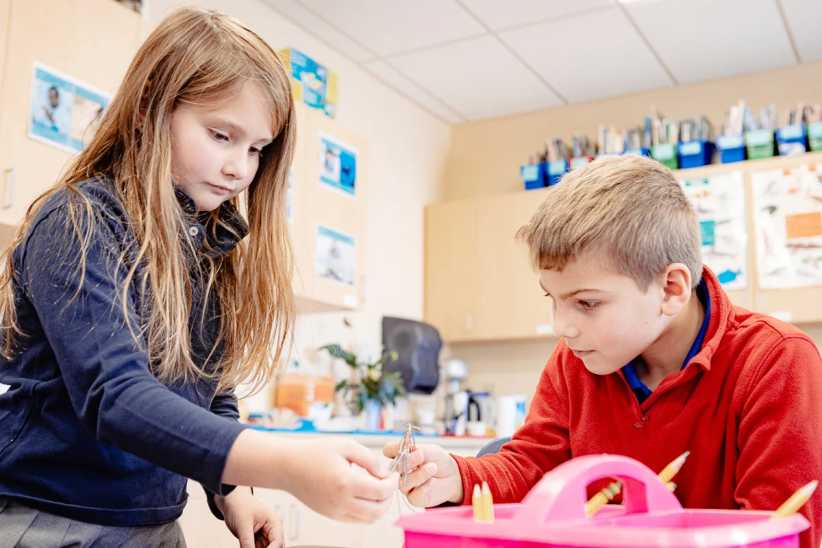“Youth disconnectedness” is a term used to describe young people who are disengaged from school or work during the transition from adolescence to adulthood. They are not involved at an institution that can help them stay connected to society, and they have a sense of not feeling accepted, not belonging, and not being able to obtain success.
 According to the Community Service Society, New York City has the highest rate of “youth disconnection” in the nation—a startling one in five young New Yorkers is both out of school and out of work.
According to the Community Service Society, New York City has the highest rate of “youth disconnection” in the nation—a startling one in five young New Yorkers is both out of school and out of work.
Tiffeny Forrest, the executive director of the Harlem YMCA, talks to us about the reasons for youth disconnection and some steps parents can take to help their children.
How can parents keep kids engaged in school and prevent youth disconnection?
Parents can actively engage in their child’s life at a young age by providing activities such as homework learning activities, doing math and spelling worksheets on non-school days, participating in school events, and attending parent-teacher conferences to follow up on their child’s progress. Also, I think that parents can get children involved in organizations such as the YMCA and after-school programs. As for the YMCA, we have role models and counselors who can provide guidance and be positive role models in children’s lives.
What causes disconnected youth to drift from school or work?
There are multiple causes. There is no one particular for every child, but it can be household stress, the environment at home, finding it hard to study, having no parent involvement in their education, and inability to learn and retain what they are taught. By them not being able to retain information, they start to disconnect and fall behind and they don’t know how or where to seek help. It’s about them not finding a place in society. It has to do a lot with a sense of being accepted and a sense of belonging.
What are some initial signs that a child is on his/her way to youth disconnectedness?
Some of the signs are failing in classes, low grades, showing behavioral problems in school. With that, it’s when parents find that their child is trying to spend a lot of time alone in their space instead of spending time with the family. Once parents see this happening, it’s a great opportunity to have a conversation with the child and find out what’s going on with them. Another sign is seeing the child engaging with the wrong crowd, spending too much time on the Internet, and poor school attendance rate. There is also the aspect of them having low self-esteem and the inability to self-motivate.
How can community service help kids stay connected, and how can parents get their kids involved in the community?
I think that there are various resources that parents can use to get information. They should begin web browsing, talk to school administrators, and reach out to local organizations like the YMCA. There are also great websites to find community service activities. I think community service helps children by developing character—it matures them. They see the importance of helping out, it keeps them abreast of community needs, and it can be used to put on resumes. It gives them experience in volunteering and also provides them with a bigger picture of what the real world consists of. It also gives them a greater insight and awareness to others and develops compassion for others.
Tiffeny Forrest is the executive director of the Harlem YMCA, which serves 3,600 youth each year through its programs. A Michigan native, Forrest holds a BS in psychology and an MBA from Louisiana’s Grambling State University.
Also see: Where to Volunteer with Your Kids in the New York metro area




















